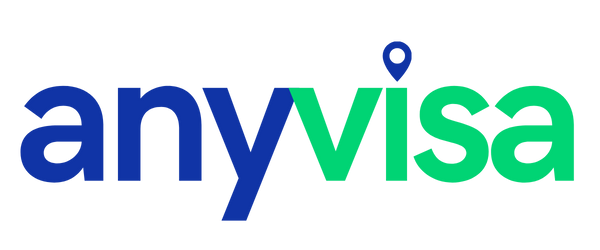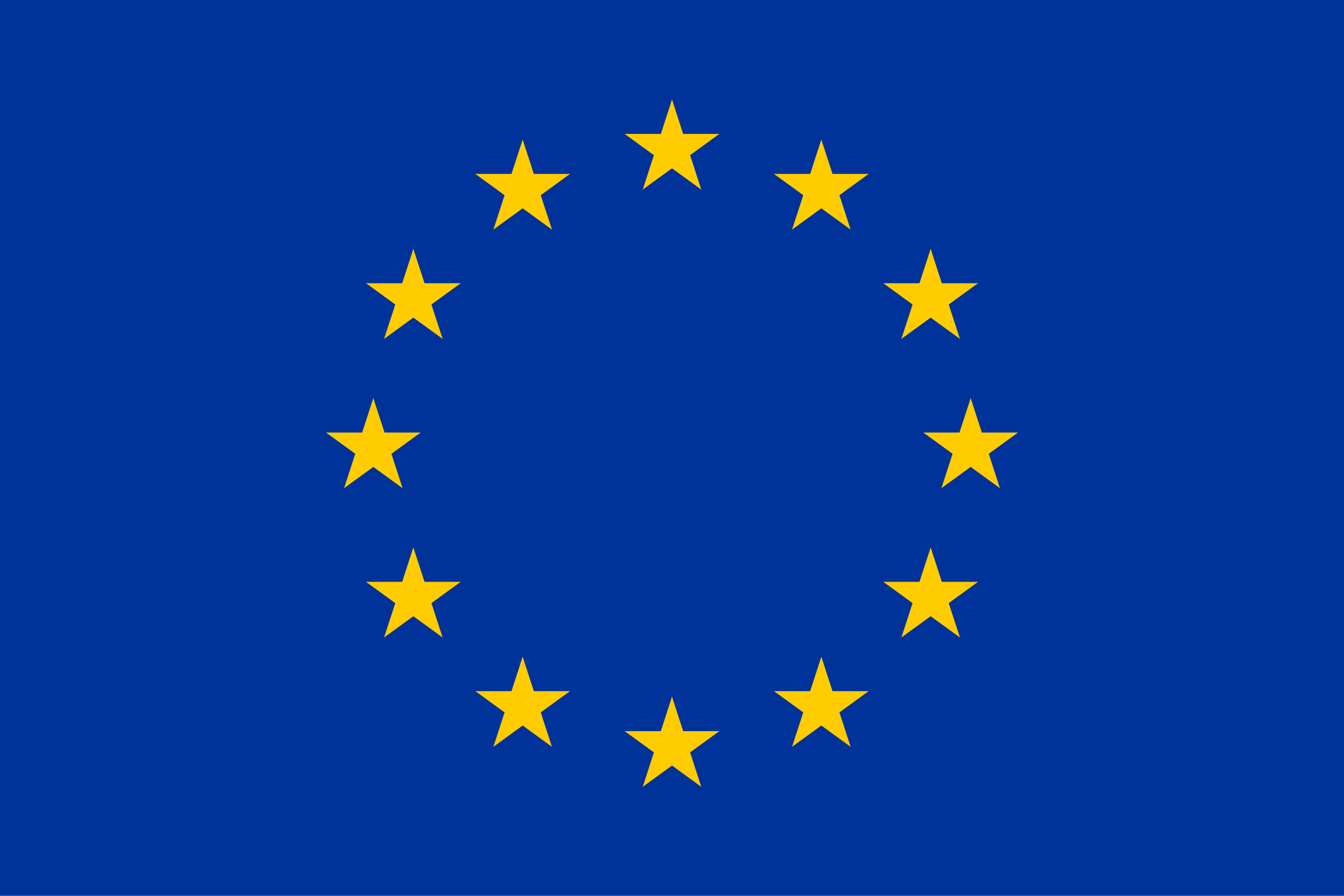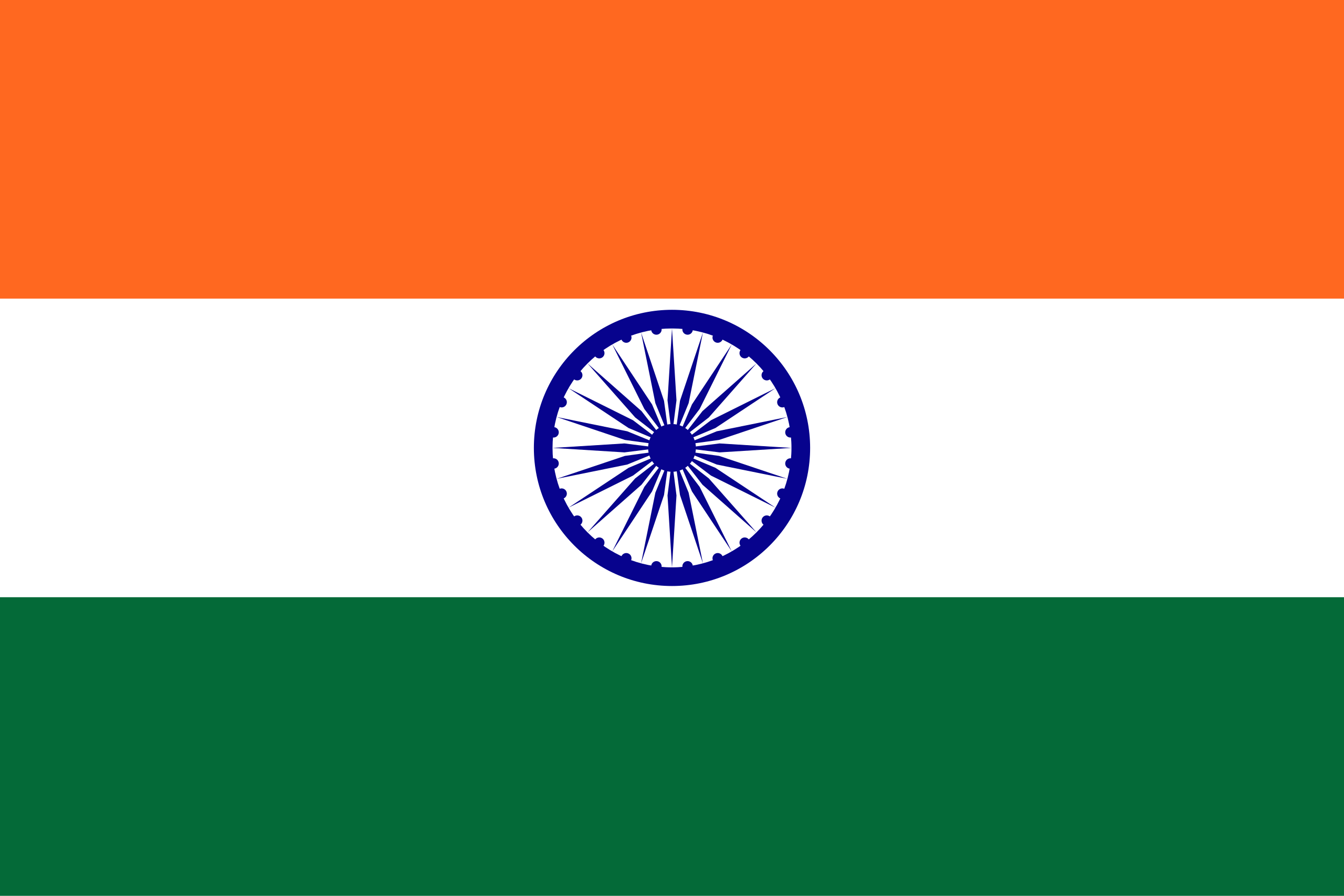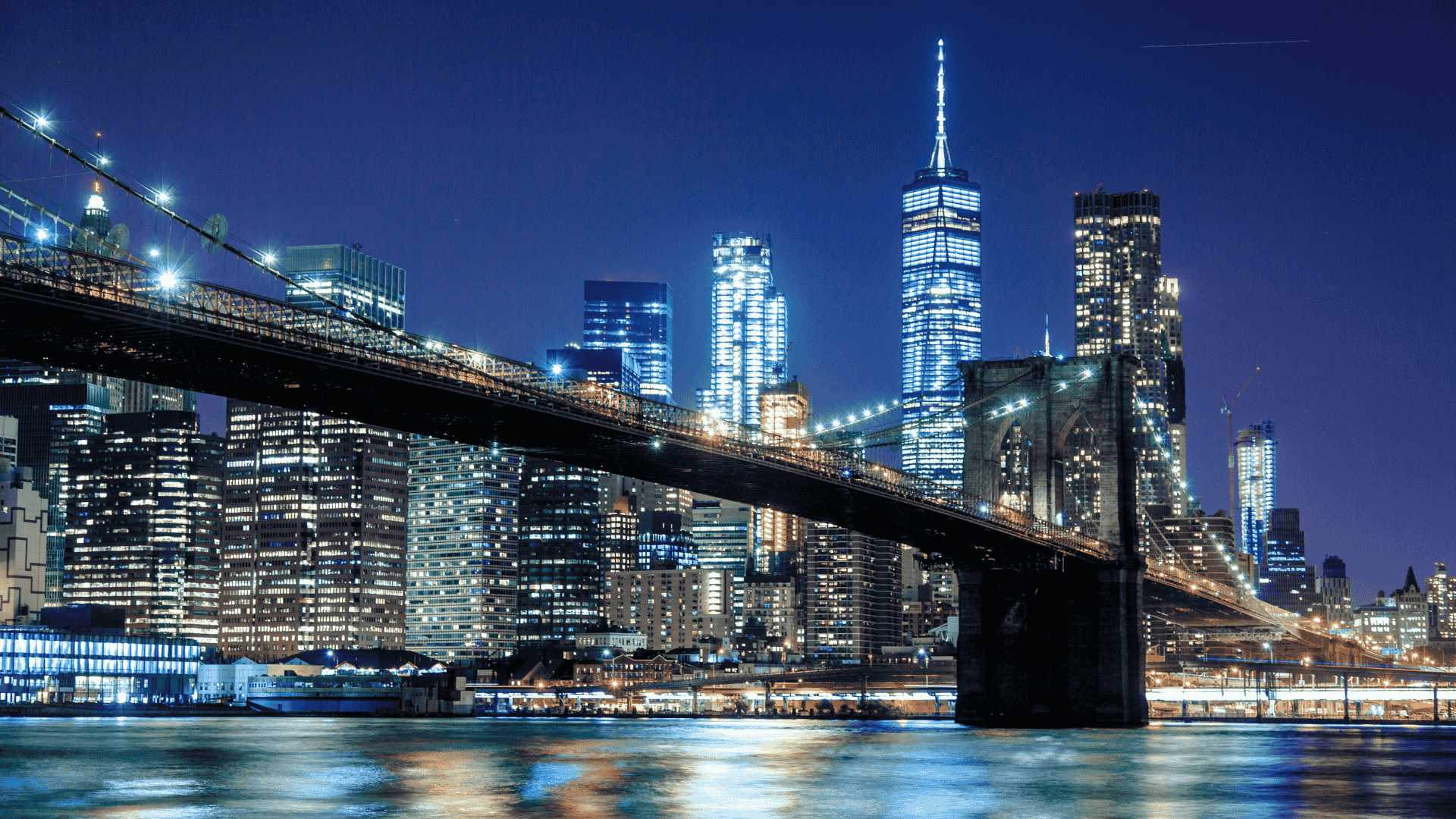Who is eligible for the F-1 Student Visa to the United States?
**Who is eligible for an F-1 student visa to the United States? **
International students accepted into degree, diploma, or certificate programmes at U.S. educational institutions. International students must attend schools that have been approved by the US government.
Who is ineligible for an F-1 student visa to the United States?
-
Institutions with U.S. authorisation do not accept applicants.
-
Those looking for instruction that is not academic or professional, with the exception of language classes.
-
Those who want to immigrate to the US permanently.
What is the F-1 Visa for the United States used for?
For foreign students enrolled in language training programmes or other academic programmes in the United States, the Student F-1 Visa is a non-immigrant visa.
-
Enables scholarly research in the United States.
-
Permits attendance for the duration of the course and approved post-completion training.
-
Permits very little off-campus work and very little on-campus work.
For what length of time is the US F-1 Student Visa valid?
It allows admission into the United States up to 30 days before to the commencement date of the programme and is correlated with the duration of the educational programme.
You have 60 days after the programme is over to stay. Depending on your nationality and unique situation, the visa may call for one or more entries.
Study up on the F1 Visa for the United States.
Who can apply for a USA long-term visa and what are the options?
There are numerous long-term visa alternatives available in the US for a range of uses, including work, education, business, and residency.
The following are a few popular long-term visas:
-
Academic visas for research fellowships and long-term educational programmes: Granted for involvement in research fellowships and long-term educational programmes at U.S. institutions.
-
Employment visas: Usually needing employer sponsorship, these are for people who have found employment in the United States.
-
Family reunion visas are intended for relatives of citizens or permanent residents of the United States who wish to reside together in the country.
-
Retirees who fulfil certain financial requirements are granted retirement visas, which allow them to live in the United States unemployed.
-
Investor visas are intended for people who make large financial investments in American companies.
-
Artist and Cultural Visas: Designed specifically for entertainers, artists, and performers visiting the United States for performances or cultural exchanges.
-
Humanitarian visas are granted to people who are fleeing a humanitarian crisis and are looking for safety, protection, or sanctuary.
-
Research visas are given to researchers in the United States who are engaged in specific projects, frequently in academic or scientific domains.
-
Entrepreneur visas: Usually needing a large investment, these visas are for business owners starting or running a company in the United States.


.svg.png)









